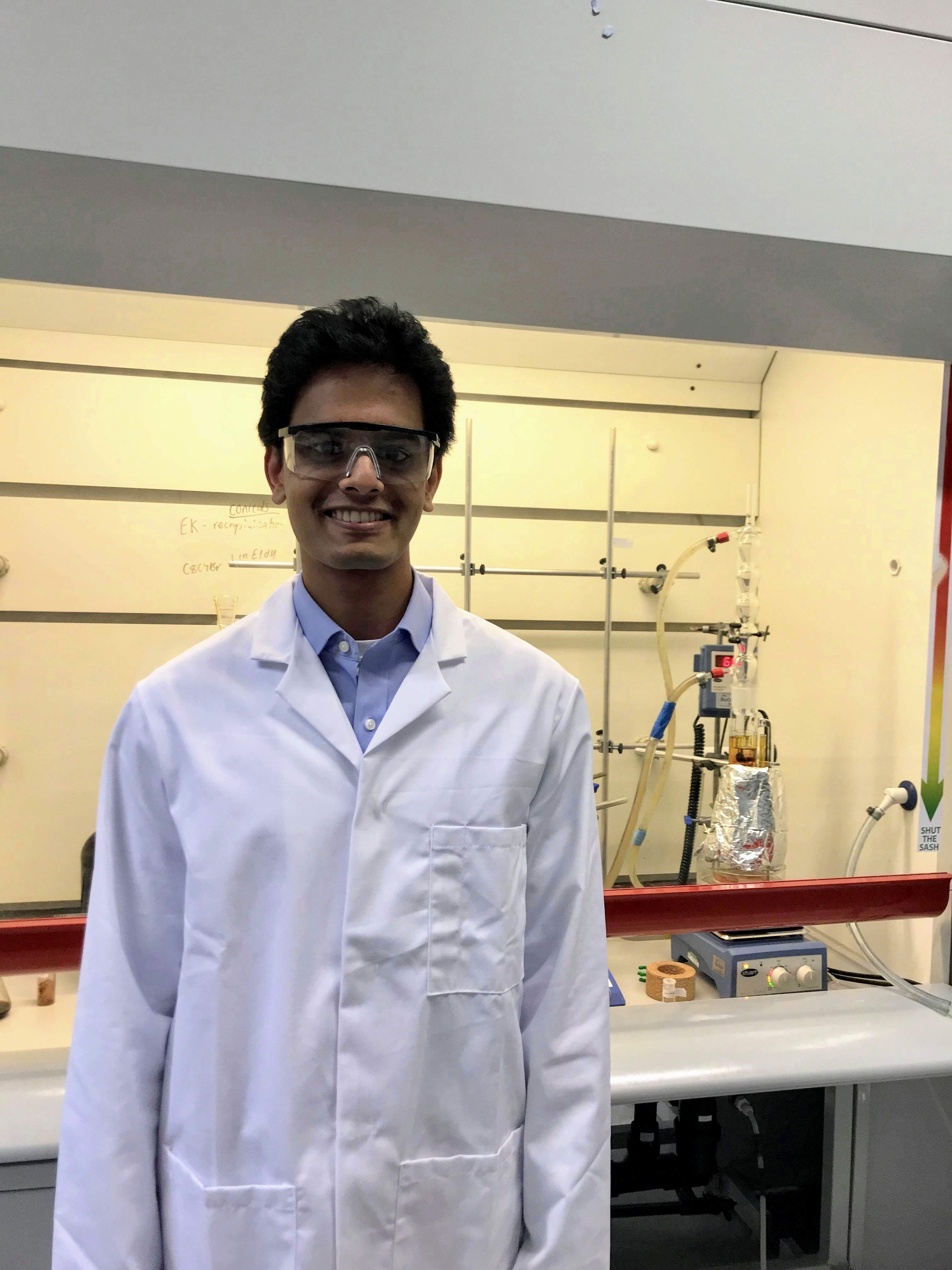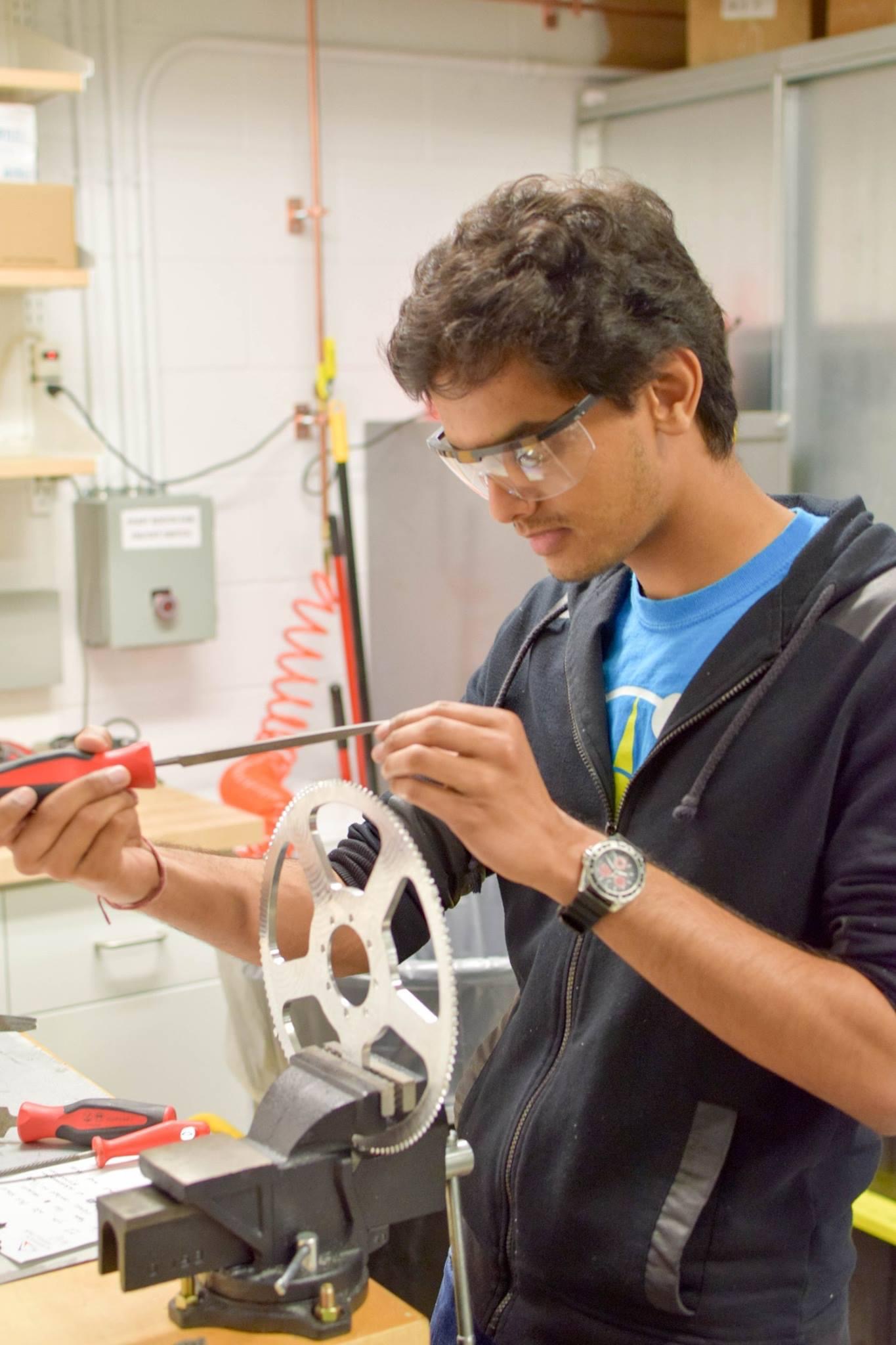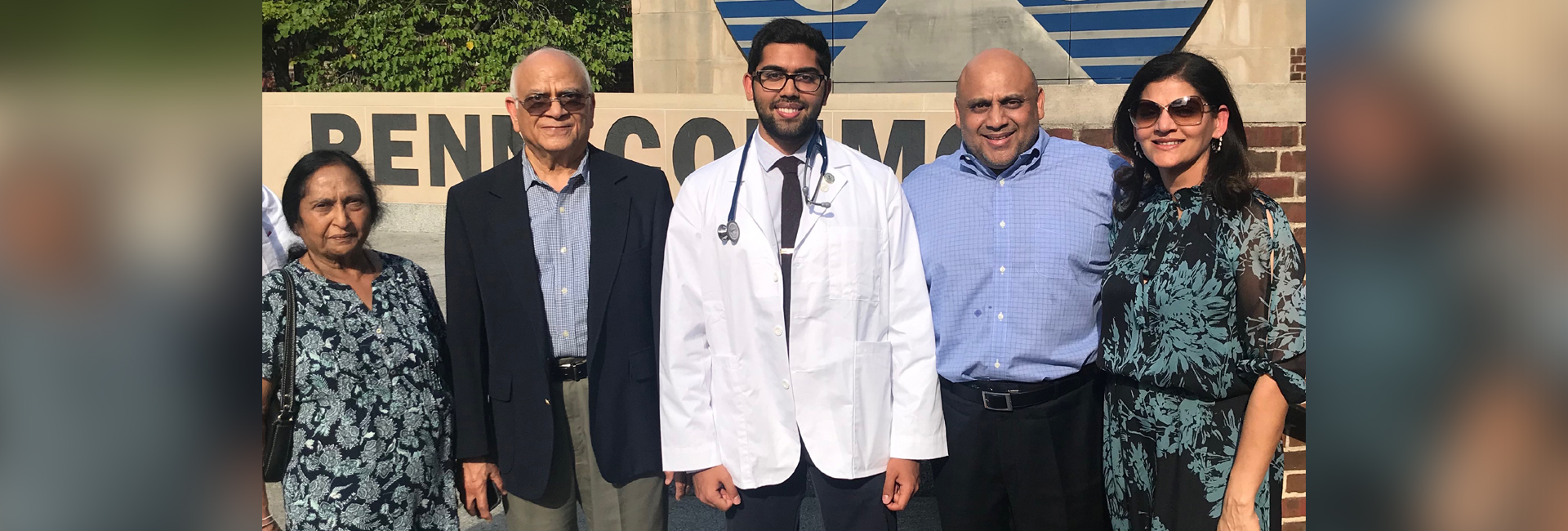(June 1, 2023) In a world plagued by the urgent threat of climate change, the need for sustainable and clean energy solutions has reached a critical juncture. However, as the world grapples with the challenges of dwindling resources and escalating environmental concerns, a young Indian American researcher, Shomik Verma is leading the charge towards a greener future. Recently bestowed with the prestigious Paul & Daisy Soros Fellowship, Shomik has emerged as a beacon of hope, dedicating his expertise and unwavering commitment to developing groundbreaking advancements in clean energy.

A Ph.D. student at the Massachusetts Institute of Technology, the researcher is fascinated by the future of energy and has worked in a variety of fields including electric vehicles, solar cells, fuel cells, hydrogen production, thermal energy storage, and thermophotovoltaics. “At MIT, my current endeavours revolve around several compelling projects. Firstly, I am engaged in modelling the optimal implementation of a thermal energy grid storage system, aiming to bolster the reliability of renewable energy sources, shares the researcher, as he connects with Global Indian, adding, “I am dedicated to the design of a cutting-edge power plant that harnesses the potential of hydrogen combustion and thermophotovoltaic power generation. Also, I am focused on fine-tuning the performance of thermophotovoltaic cells through meticulous first-principles calculations.”
A child prodigy
Born to immigrant parents from Bihar, who had come to America in search for better opportunities, the young researcher experienced the rich essence of Indian culture during his childhood. “I grew up in Sugar Land, Texas, and was surrounded by the sights, smells, and sounds of Indian culture. Whether it was spending my weekends watching Bollywood movies or indulging in delicious meals at my favourite restaurants in Hillcroft, I always felt a deep connection to my Indian roots. What also helped was that there were several Indian Americans in Texas, and many of my friends were from the community. So, I never felt out of place. Education was highly valued at my place, and on many weekends, you would find me competing in math competitions alongside fellow Asian Americans,” shares Shomik, who is also a very skilled tabla player.
While he was a meticulous student right from the beginning, it was during his high school years that the young researcher began to catch interesting patterns that paved his career path. During the math competitions he attended, Shomik noticed a recurring trend: these events were frequently sponsored by oil and gas companies. This discovery pushed Shomik to undertake an important project seeking sustainable storage for storing carbon dioxide.
“I found myself caught between two worlds — one driven by the fossil fuel industry that supported my way of life, and the other marked by the looming danger of global warming that I studied about in school. To bridge these contrasting realities, I undertook a project during high school, collaborating with the multinational corporation Schlumberger on carbon capture and storage. My goal was to identify suitable locations for storing carbon dioxide. However, instead of finding the clarity I sought, I discovered that the stored carbon was often utilised for enhanced oil recovery, which only added further complexity to the situation,” shares the researcher, who did not stop working on the issue despite several hurdles.
Driven by challenges
As the researcher finished his high school, a tragedy struck the family. Shomik lost his uncle to black lung disease, which occurs dues to continued exposure to coal dust. As he recovered from the blow, Shomik decided it was time to devote his life to clean energy. The researcher joined Duke University’s Pratt School of Engineering to pursue his graduation in mechanical engineering. During his time at Duke, Shomik won the prestigious Marshall Scholarship for his research on solar thermal hydrogen production and hydrogen fuel cell optimisation for vehicle applications. In fact, Shomik helped lead the Duke Electric Vehicles team to two Guinness World Records for fuel efficiency, for both battery electric and fuel cell vehicles.
Recalling his time there, the young researcher shares, “During my time at Duke University, I have been fortunate to fully immerse myself in the world of science through numerous hands-on experiences. From residing at the Smart Home and actively participating in the installation of solar panels to constructing high-efficiency vehicles, I have personally witnessed the positive impact that novel energy technologies can have on both the environment and human well-being. These tangible, real-world applications serve as a constant source of inspiration, propelling me towards a research career dedicated to creating innovative solutions for the challenges we face in the realm of energy.” Shomik, who was the president of the Duke Energy Club, was also elected to Tau Beta Pi and serves as co-president of Pi Tau Sigma.
The road ahead…
From Duke, the researcher moved to the UK, where he attended the University of Cambridge and Imperial College of London to pursue an MPhil in material science. “As a Marshall Scholar in the UK, I focused on enhancing the efficiency of solar cells. My research revolved around utilising computational chemistry and machine learning to design innovative photon conversion materials,” he shares.


Currently pursuing a Ph.D. in mechanical engineering at Massachusetts Institute of Technology under the guidance of Professor Asegun Henry, the young researcher wishes to work on and develop renewable and clean energy sources for the world. “At present, I am actively engaged in researching energy storage techniques aimed at enhancing the dependability of variable renewable energy sources, particularly solar power. My ultimate aspiration after completing my Ph.D. is to utilise the knowledge and skills I have acquired to drive the decarbonisation of industries. I wish to facilitate the widespread availability of affordable, clean, and dependable energy for all,” says the researcher, as he signs off.




